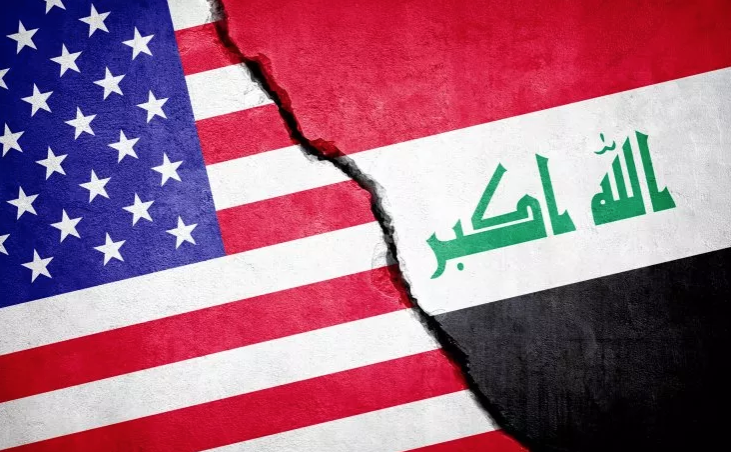The current cost to the federal government for conflict zone operations in Iraq is an estimated $1.922 billion, including increases to the base budget in funding from the U.S. Department of State and United States Agency for International Development (USAID), homeland security, reenlistment bonuses, healthcare costs for active-duty and war veterans and accrued interest, according to a new report from The Cost of Wars project.
Without a war tax and few war bonds, direct war spending by the Pentagon resulted in interest payments of about $444 billion, the report estimated. The author warns even if the fighting stopped today, and the Trump Administration pulled out of all ongoing fights in the "Global War on Terror," those cumulative interest payments would continue to rise. If all war spending stopped today the existing war debt would "rise ... to $6.5 trillion by 2050," according to the report's estimates.
Over the last 18 years of engagements in South Asia and the Middle East, the American "government has financed this war by borrowing funds rather than through alternative means such as raising taxes or issuing war bonds," writes Heidi Peltier, the author of the report. "The costs of the post-9/11 wars include not only the expenses incurred for operations, equipment, and personnel, but also the interest costs on this debt."
In 2007 the Congressional Budget Office estimated the ongoing costs of America's military involvement in Iraq and Afghanistan would exceed $2.4 trillion by 2017, of which $1.9 billion would be spent on Iraq.
War is more costly than just boots on the ground and equipment brought to the theaters of conflict. The physical and emotional trauma incurred by soldiers and those living in war zones is oftentimes incalculable. But 4.1 million veterans who served in wars post-9/11 are receiving medical benefits, among other compensation nearing $199 billion, according to reports from the Department of Veterans Affairs.
"The veterans of the post-9/11 wars are, in general, much more disabled than veterans of previous wars," said Neta C. Crawford, the project's co-director and the chair of political science at Boston University.
President Donald Trump had continued to promise a drawdown of American engagement in "endless wars" in Syria, Iraq, and Afghanistan. In recent months, more troops have been deployed to the region to protect American interests after the assassination of Qassem Soleimani in Baghdad, which stoked ongoing threats to troops stationed in Syria and Iraq.
The Iraqi parliament voted in January to expel American troops from the country, but military and coalition efforts to fight a resurgent Islamic State are still ongoing.
Source


 RSS Feed
RSS Feed